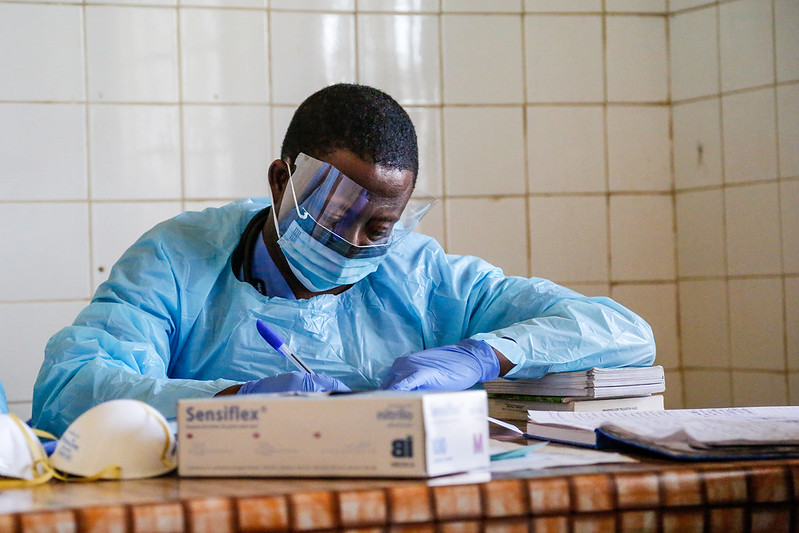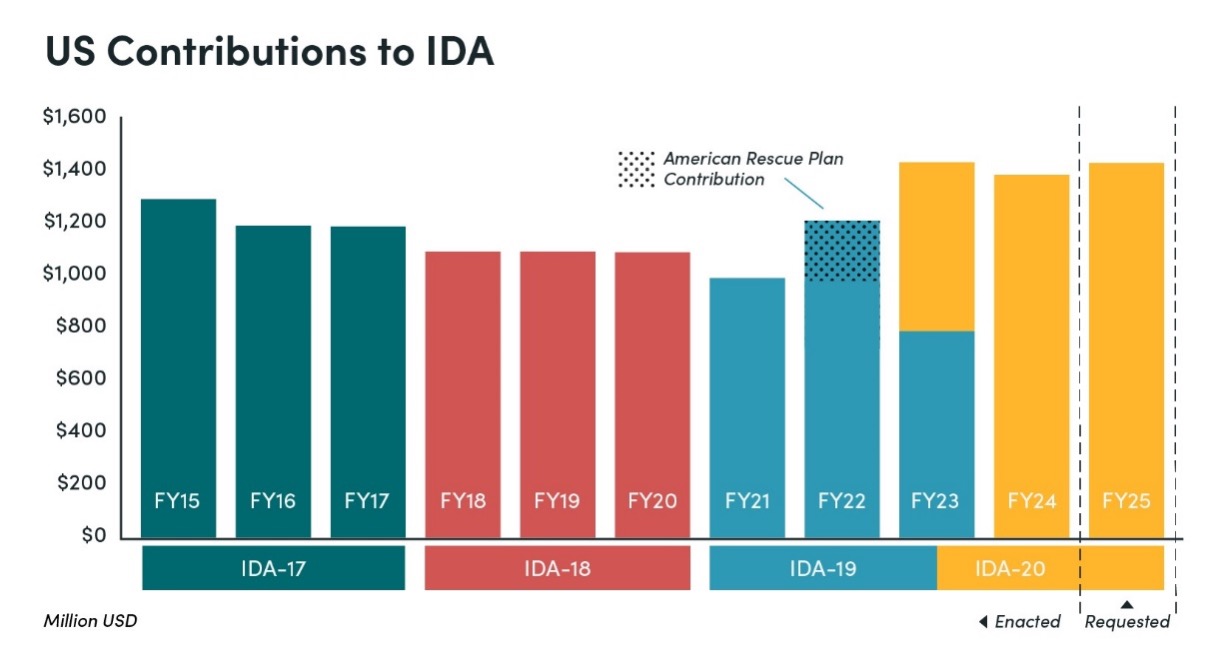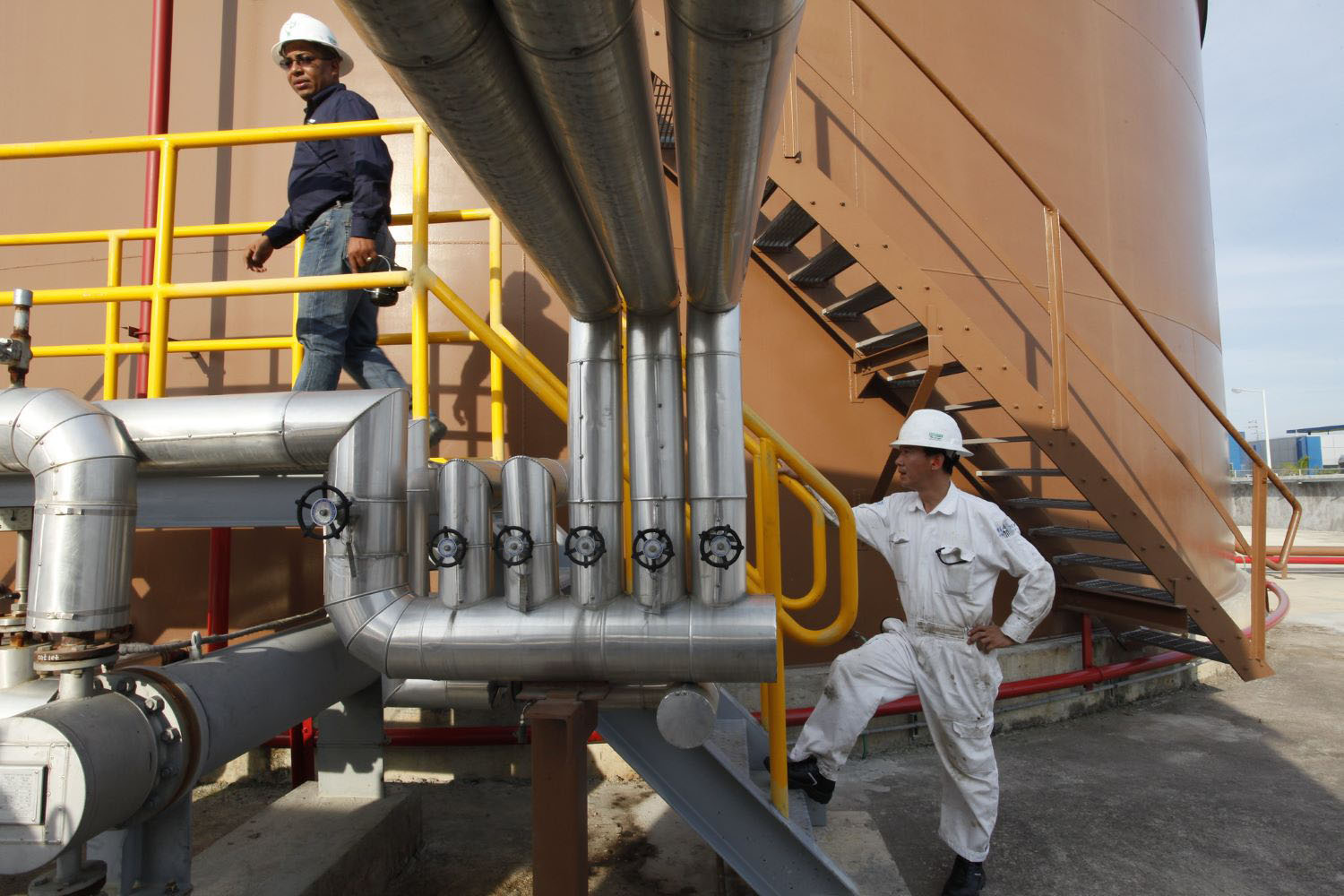Yesterday we sent the following letter to U.S. Representative Nancy Pelosi (D-Calif.), the House Speaker, and U.S. Sen. Mitch McConnell (R-Ky.), the Senate Majority Leader, outlining measures that could be included in upcoming Congressional emergency legislation related to combating the coronavirus in developing countries. The text of the letter follows:
Dear Speaker Pelosi and Senator McConnell:
We are grateful for your extraordinary efforts in conjunction with the administration to address the pandemic crisis in the United States. As international development practitioners, we strongly believe that an aggressive response to the virus and its economic effects within our borders will ultimately benefit other countries that are highly vulnerable to the pandemic, particularly the world’s poorest.
But we also believe an aggressive US government response to the pandemic should include measures to support mitigation efforts in the developing world. It is the right thing to do for the most vulnerable in developing countries and will protect the progress achieved through decades of US investment in global health programs like the President's Emergency Plan for AIDS Relief (PEPFAR). And to put it bluntly, the United States will not be safe from this pandemic until the world is safe from this pandemic—without widespread access to a vaccine or countermeasures, cases rebound quickly when quarantines are lifted as has been shown in Singapore and Hong Kong this week.
With that in mind, we propose two sets of measures to include in upcoming emergency legislation:
First, Congress should direct the Secretary of Treasury to pursue efforts to establish a Global Health Security (GHS) Challenge Fund, designed to incentivize low-income countries to increase investments in their own preparedness to identify and combat current and future outbreaks.
In the wake of the 2014-2016 Ebola crisis, more than 100 counties have undertaken or completed the process of assessing their health security capacity under a framework developed by the World Health Organization. But though the resulting plans identified critical preparedness gaps, most remain unfilled in low and lower-middle countries.
A GHS Challenge Fund would encourage and reward countries that mobilize resources to address critical preparedness gaps identified in their national action plans with performance- based matching grants. The United States can seed this global effort—and leverage contributions from other donors and private sector actors—with a relatively modest investment to support the new fund’s initial $1 billion capitalization. This proposal comes from a multi-stakeholder initiative that is described in the attached concept note.
Second, to address the global economic effects of the pandemic, the United States should offer its full support to the major multilateral institutions that have time and again proven to be effective at combating economic crises. The International Monetary Fund (IMF) and the multilateral development banks are already taking steps to ramp up financing support to developing countries, helping to ensure that economies are buffered and, in turn, US export markets and supply chains are stabilized as much as possible. To support these efforts, emergency legislation should include:
- Pending authorization to extend and increase US participation in the IMF’s New Arrangements to Borrow. This authorization will provide timely reassurance to the IMF, developing countries, and financial markets that the United States is fully behind the fund’s ability to mobilize $1 trillion in crisis support globally.
- Pending authorizations for new financing at the World Bank, African Development Bank, and African Development Fund. We understand that authorization for the IFC capital increase will depend on successful negotiations over policy reforms, given congressional concerns about the World Bank’s private sector arm.
- This year’s appropriation for IDA, the African Development Fund, the Asian Development Fund, and IFAD. Expediting the annual appropriations for these multilateral funds will help these institutions forward fund their commitments to the poorest countries.
- Appropriations to fully clear long overdue US commitments to the MDBs, so called “arrears.” These arrears now amount to $2.8 billion, reflecting past commitments to MDBs (including for past debt relief efforts) that have been authorized by Congress but never fully funded. Using this opportunity to make good on these commitments will provide a timely infusion of funds for crisis response and boost US standing among other countries.
These proposals do not represent the totality of what is needed in terms of US support internationally, but these items are actionable now without undue cost. We very much hope you will give them serious consideration.
Sincerely,
Amanda Glassman & Scott Morris
Cc: House Minority Leader McCarthy
Senate Minority Leader Schumer
CGD blog posts reflect the views of the authors, drawing on prior research and experience in their areas of expertise.
CGD is a nonpartisan, independent organization and does not take institutional positions.






